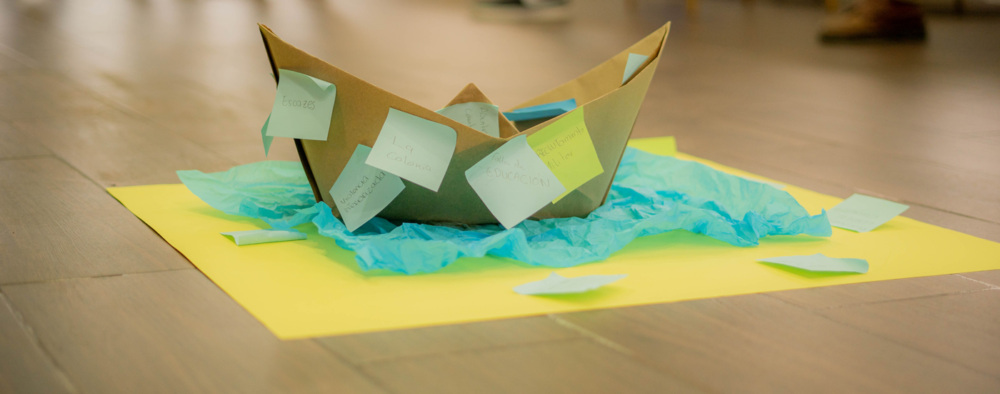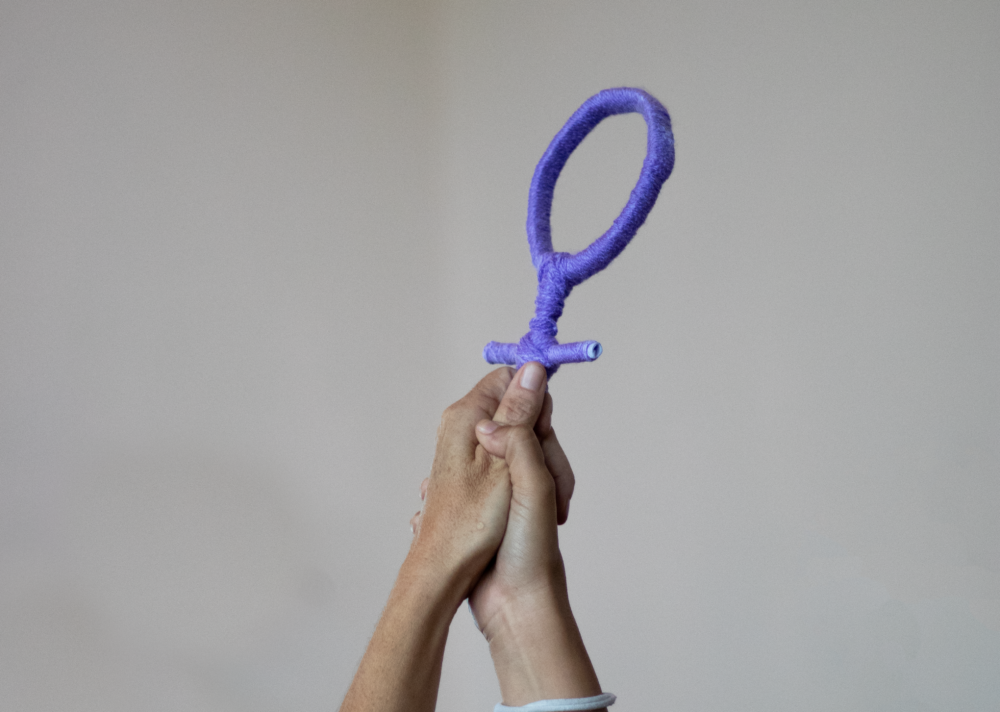
Justiça de gênero, segurança e bem-estar
Justiça de gênero, Poder da juventude
Nota do editor: esta postagem do blog também está disponível em espanhol.
From October 21–23, 2022, as part of the Iniciativa de promoção da liderança juvenil para a justiça de gênero, 30 community leaders representing 12 organizations from the United States, Mexico, Guatemala, Honduras, and Nicaragua came together in Quetzaltenango, Guatemala, to get to know each other and to share experiences and methodologies around the promotion of healthy masculinities in the region. This initiative, also known as HEEL (a Mayan word for change and transformation), supports youth-led groups and networks in Central America that are engaging boys and young men in promoting healthy masculinities and advancing gender justice.
In those three days, we shared our talents, we danced, we sang, we laughed, we cried, we ate chocolate, we reflected on our practices, and we made new friends. We became a community.
[image_caption caption=”A learning exchange at the HEEL convening in Guatemala. © GFC” float=””]
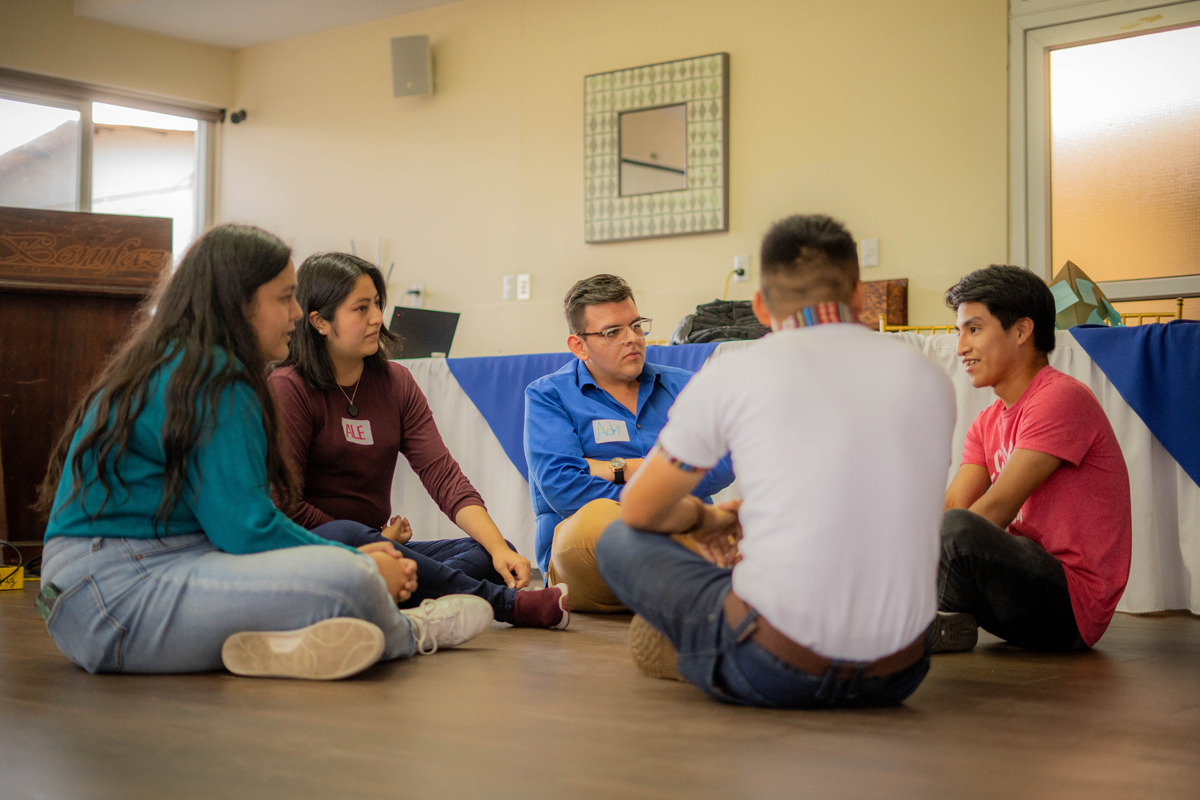
[/imagem_legenda]
These were also days of hard work and learning. Each one of us brought new approaches and a commitment to translate teachings into concrete actions that promote the wellbeing of our families and communities.
Although there were many lessons learned, we want to highlight four that resonated strongly with us and that will help us strengthen our strategies for working with children and young people to promote gender justice:
No matter how many borders want to divide us, and without ceasing to recognize the differences that exist between the areas and countries we inhabit, we realized that we are united by our common Latin American and Mesoamerican roots.
We all share stories of pain, dispossession, struggle, and injustice. At the same time, we share stories of resistance, of brave people who have fought for our right to live dignified and happy lives.
We are united by the desire to change, to recognize our mistakes in order to become better. We realized that we are butterflies: always evolving, always transforming ourselves. And that is the most important thing to promote nonviolent masculinities: our right to change and improve so that we can better care for those we love.
And, best of all, we remembered that we are not alone. Promoting healthy masculinities can be difficult, but now we know that we have a network that can sustain us, guide us, and give us strength when we need it.
We are tired of seeing youth continually tokenized and undervalued. Adults are always happy to take a photo or present themselves with medals on behalf of young people. However, in many places, youth are still looked down upon, as if they have nothing to contribute. As if their only job is to be quiet, listen, and agree.
[image_caption caption=”An artistic intervention on representing healthy masculinities in our bodies at the HEEL convening in Guatemala. © Jimmy Girón/Warriors Zulu Nation Honduras” float=””]
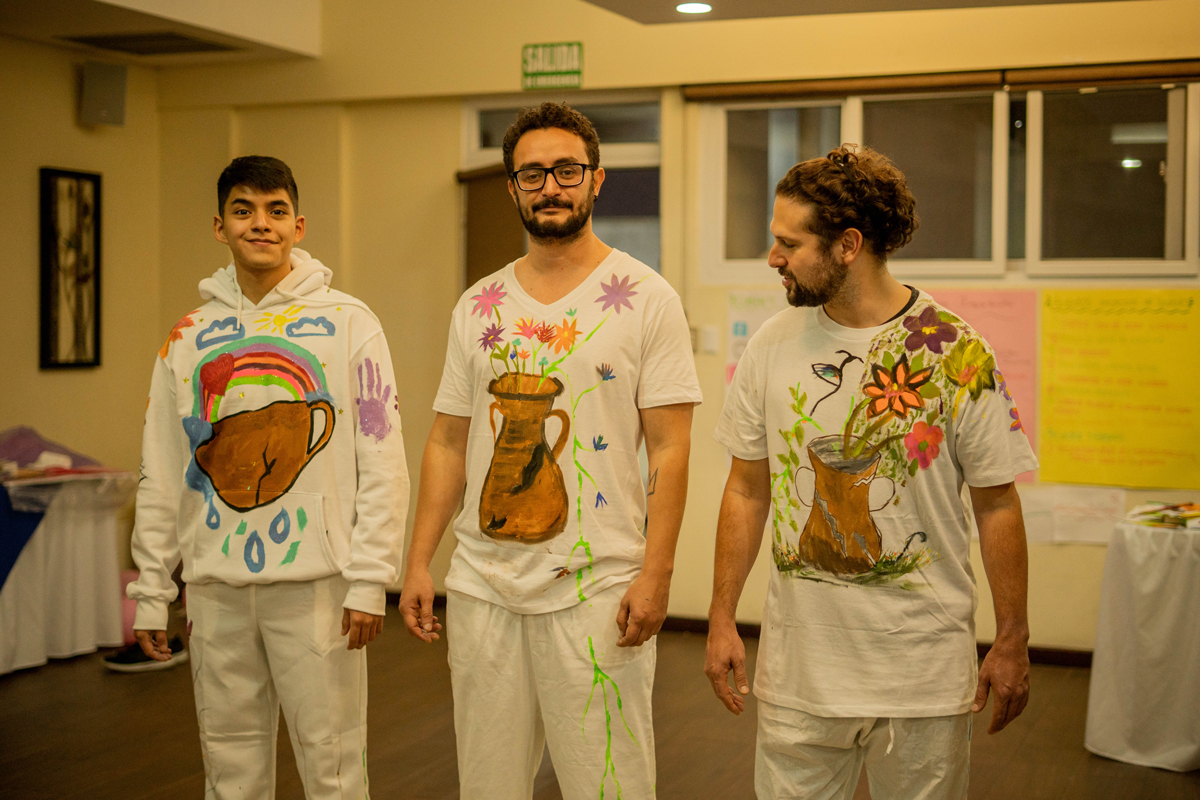
[/imagem_legenda]
It is also thought that youth are all the same, that they want the same thing and that they are full of vitality and energy. And that’s not true. Youth are also not the future. And they are not only the present. They are people, individuals with the right to demand their rights now and imagine a better future.
Young people don’t need adults to scold or teach them; they need allies willing to walk with them to learn together.
During the meeting, many of us realized that promoting healthy masculinities is a job of care.
However, we also recognized that this costs us a lot. That we need to learn to take care of ourselves to take care of others. We realized that we demand too much of ourselves and that we feel guilty in moments of rest and wellbeing.
Now we know that the empathy, love, and care that we can give ourselves and others has the power to change the world. Care goes hand in hand with social justice, demanding labor rights, and asking for more and better opportunities for educational and professional development.
[image_caption caption=”An activity focused on caring for and supporting each other at the HEEL convening in Guatemala. © GFC” float=””]
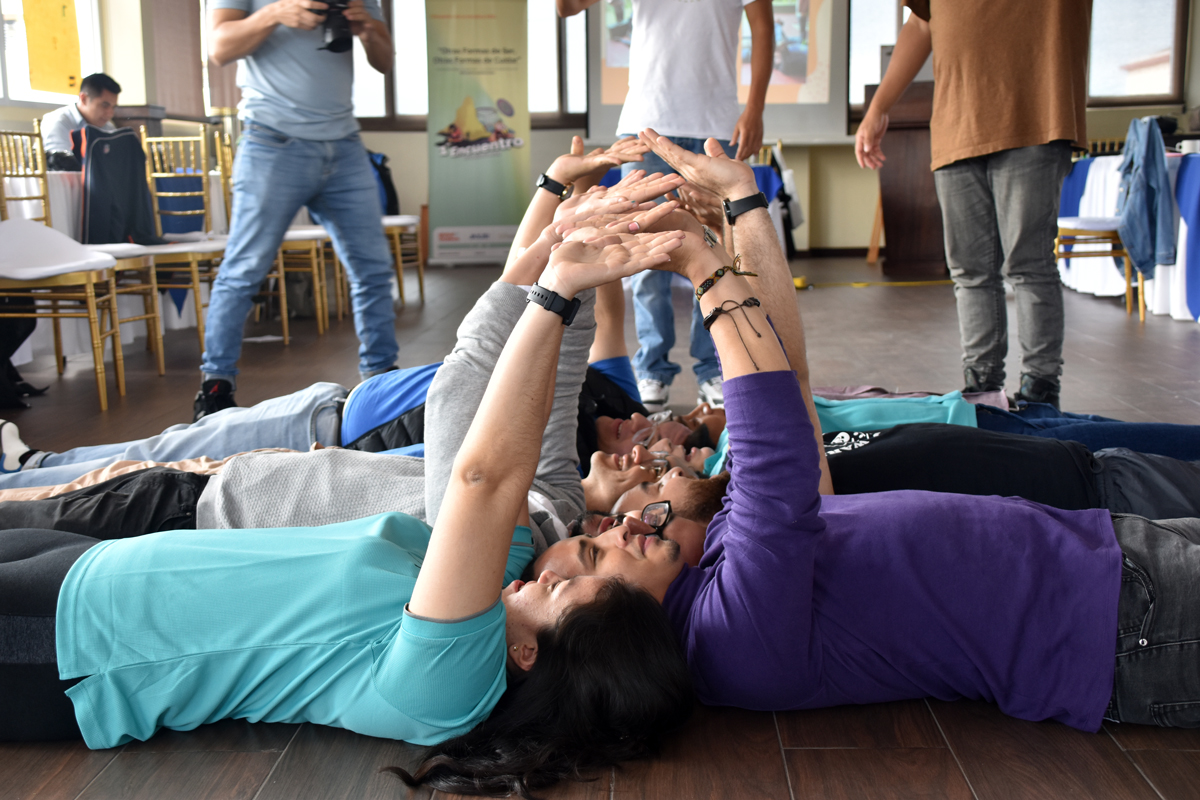
[/imagem_legenda]
And now we know that we have a new care network to work and create together but also to give each other a word of encouragement.
Caring is an art. And, like any art, we can perfect it by practicing it every day. We are willing to try.
Finally, we all recognized ourselves as creators. Some of us dance, some of us rap, paint graffiti, write poetry, or take pictures. For us, art is a tool for healing, expression, and transformation.
And we remembered that art is everywhere: in how we take care of ourselves, in how we treat others, in our work, and in all our advocacy and accompaniment strategies.
Thanks to art, boys and young men can ask themselves questions, try other ways of being men, and dare to change.
We will continue to be artists, creating with more and more people. To be. To live. To improve.
We learned all this and more at the convening, a space that filled us with energy and reminded us of the importance of feeling like citizens of the world and part of a collective fight. And although we are already counting the days until the next convening, we know that in the meantime we remain connected through care, love, and hope.
Header image: An intergenerational dialogue ship activity at the HEEL convening in Guatemala. © GFC
